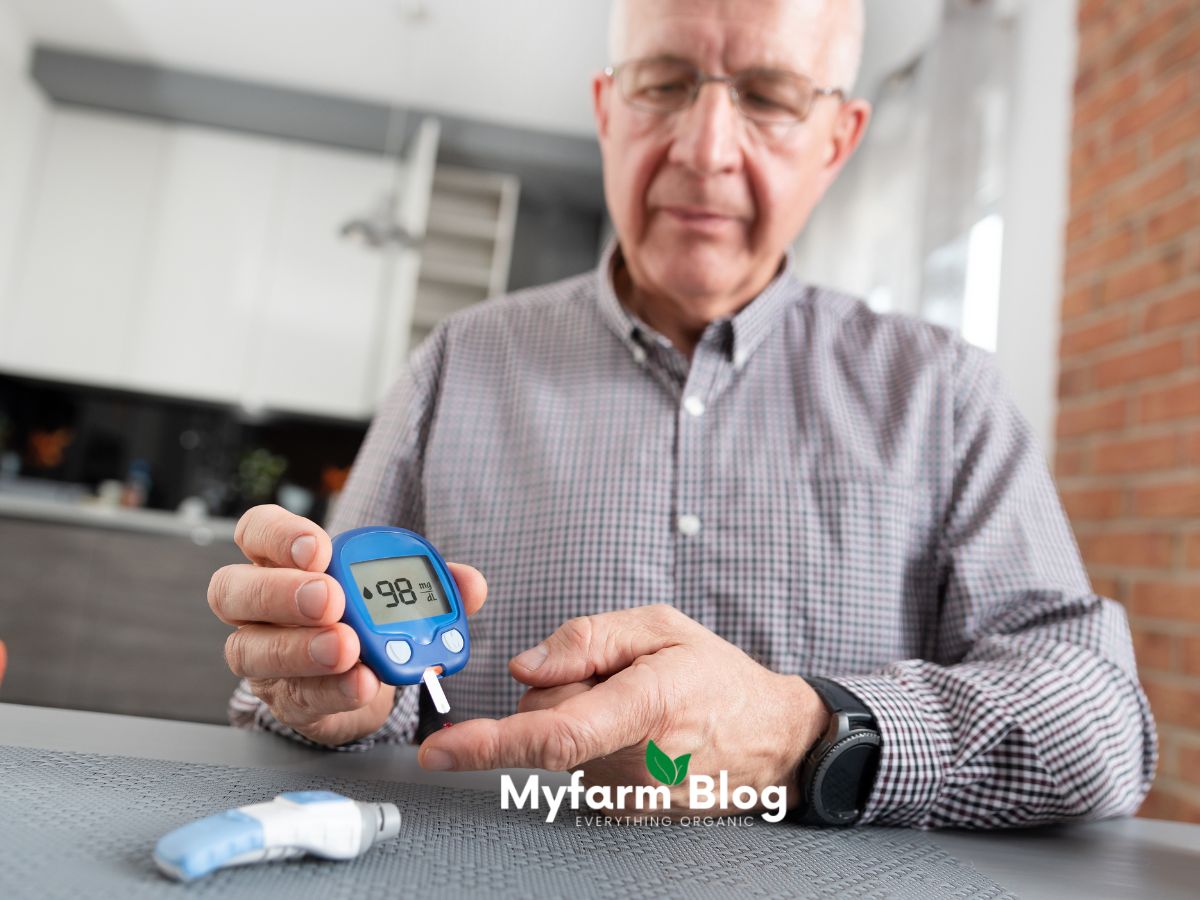does white flour raise blood sugar Cassava flour archives
Possible post:
Managing blood sugar levels is important for people with diabetes, as high blood sugar can increase the risk of complications such as heart disease, nerve damage, and kidney failure. While there are many factors that can affect blood sugar, one that often comes up in discussions is alcohol. Does alcohol raise your blood sugar?
The short answer?
Yes, alcohol can raise your blood sugar, depending on how much you drink, what type of alcohol you drink, and what you eat or drink along with it. However, the effects of alcohol on blood sugar are complex and vary from person to person, so it’s important to be aware of your own body and monitor your blood sugar levels before and after drinking.
How alcohol affects blood sugar
Alcohol is a type of carbohydrate that is quickly absorbed into the bloodstream. Unlike other carbohydrates, such as starches and sugars, alcohol does not require insulin to be metabolized. This means that when you drink alcohol, your liver prioritizes processing it over other nutrients, such as glucose.
As a result, your blood sugar may drop initially after drinking alcohol, especially if you haven’t eaten recently. This is because your liver is producing less glucose the more it focuses on processing alcohol. However, as your liver finishes processing the alcohol, it may release stored glucose into your bloodstream, causing your blood sugar to rise. This rebound effect can sometimes occur hours after drinking, making it tricky to manage. In addition, some types of alcohol, such as sweet wines and mixed drinks, may contain added sugars or carbs that can also affect blood sugar.
Tips for drinking alcohol safely with diabetes
If you choose to drink alcohol, here are some tips to help you do it safely and minimize the impact on your blood sugar:
- Check your blood sugar level before, during, and after drinking, and adjust your diabetes medication or food intake as needed.
- Don’t drink on an empty stomach, as this can cause your blood sugar to drop too low. Eat a meal or snack with carbohydrates, protein, and fat before drinking, or have some low-carb snacks on hand to munch on throughout the night.
- Avoid sugary or high-carb drinks and mixers, and choose lower-carb options such as light beer, dry wine, or distilled spirits mixed with club soda or diet soda.
- Drink slowly and moderately, and intersperse alcoholic beverages with water or other non-alcoholic drinks to prevent dehydration and help you stay sober.
- Don’t drive or operate machinery while under the influence of alcohol, as it can impair your judgment and reaction time.
Remember, alcohol is not essential to a healthy diet or lifestyle, and there are many other ways to have fun and socialize without it. However, if you do choose to drink alcohol, be aware of its impact on your blood sugar and take steps to manage it safely with the guidance of your healthcare team.
 Conclusion
Conclusion
Drinking alcohol can raise your blood sugar, but the effects are individual and complex. By being informed about the factors that can affect blood sugar and taking steps to manage them, you can enjoy alcohol in moderation without compromising your diabetes management or overall health.
 Foods to avoid to lower blood sugar
Foods to avoid to lower blood sugar
In addition to alcohol, there are certain foods that can cause spikes in blood sugar and should be limited or avoided by people with diabetes. These include:
- Refined carbohydrates such as white bread, pasta, rice, and pastries, which are quickly digested and absorbed into the bloodstream.
- Sugary drinks such as soda, juice, and sports drinks, which contain large amounts of added sugars.
- Fried and fatty foods such as french fries, fried chicken, and pizza, which can lead to insulin resistance and inflammation.
- Processed meats such as bacon, sausage, and hot dogs, which may contain high levels of sodium, nitrites, and saturated fat.
- High-calorie snacks such as chips, cookies, and candy, which can contribute to weight gain and insulin resistance.
Instead, focus on eating a balanced diet that includes nutrient-dense, high-fiber foods such as vegetables, fruits, whole grains, lean proteins, and healthy fats. Work with a registered dietitian or certified diabetes educator to develop a meal plan that works for you and your lifestyle, and check your blood sugar regularly to see how food affects your levels.
At the end of the day, managing diabetes is a lifelong journey that requires patience, persistence, and support. By staying informed, making healthy choices, and seeking help when needed, you can live well with diabetes and achieve your goals.
If you are searching about Diabetic Foods to Avoid to Lower Blood Sugar Levels! - Veledora health you’ve came to the right page. We have 5 Pics about Diabetic Foods to Avoid to Lower Blood Sugar Levels! - Veledora health like Cassava Flour Archives - myfarmblog, Diabetic Foods to Avoid to Lower Blood Sugar Levels! - Veledora health and also Does Alcohol Raise Your Blood Sugar | DiabetesTalk.Net. Here you go:
Diabetic Foods To Avoid To Lower Blood Sugar Levels! - Veledora Health
 www.veledora.comHow Do Complex Carbs Affect Blood Sugar | DiabetesTalk.Net
www.veledora.comHow Do Complex Carbs Affect Blood Sugar | DiabetesTalk.Net
 diabetestalk.netblood sugar carbs complex diabetestalk raise grain bread whole does
diabetestalk.netblood sugar carbs complex diabetestalk raise grain bread whole does
Does Alcohol Raise Your Blood Sugar | DiabetesTalk.Net
 diabetestalk.netWhole Wheat Flour Versus White Flour
diabetestalk.netWhole Wheat Flour Versus White Flour
 www.acidalkalinediet.orgglucose blood diabetes measured abbreviated glycemic
www.acidalkalinediet.orgglucose blood diabetes measured abbreviated glycemic
Cassava Flour Archives - Myfarmblog
 myfarmblog.comDiabetic foods to avoid to lower blood sugar levels!. Blood sugar carbs complex diabetestalk raise grain bread whole does. Cassava flour archives
myfarmblog.comDiabetic foods to avoid to lower blood sugar levels!. Blood sugar carbs complex diabetestalk raise grain bread whole does. Cassava flour archives